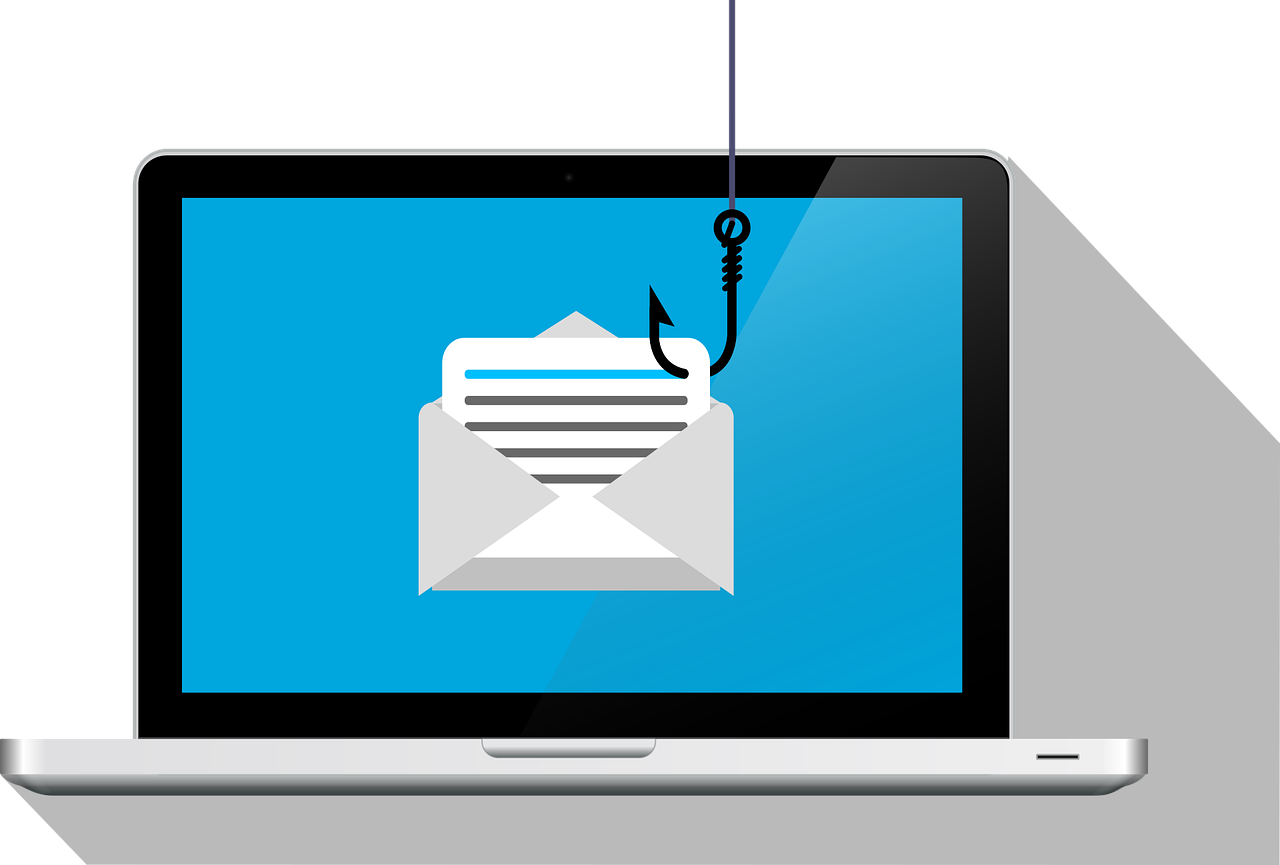Are you struggling to keep up with the demands of content marketing? Enter AI. This technological marvel has revolutionized the way businesses create, distribute, and analyze content. With AI algorithms, you can now automate content creation, optimize your strategy, and drive better results.
In this article, we delve into the world of content marketing with AI. We explore how this cutting-edge technology can help you streamline your content production process, enhance customer experiences, and boost your bottom line. Whether you’re a small business owner or a seasoned marketer, understanding the power of AI in content marketing is crucial for staying competitive in today’s digital landscape.
The role of AI in content creation
AI has transformed the content creation landscape, making it easier than ever to produce engaging and personalized content. With AI algorithms, you can generate high-quality articles, blog posts, social media updates, and even video scripts. These algorithms analyze vast amounts of data to understand what works and what doesn’t, enabling you to create content that resonates with your audience.
AI-powered content creation tools utilize natural language processing (NLP) to generate human-like content. These tools can write in different tones and styles, ensuring that your content aligns with your brand voice and resonates with your target audience. Additionally, AI algorithms can help you optimize your content for search engines, ensuring that it ranks well in search results and drives organic traffic to your website.
Implementing AI in content creation can save you time and resources, allowing you to focus on other important aspects of your business. By automating the content creation process, you can produce a higher volume of content without compromising on quality. AI algorithms can also assist in content ideation, helping you come up with fresh and relevant topics that will captivate your audience.
Benefits of using AI in content marketing
Utilizing AI in your content marketing efforts offers numerous benefits that can give you a competitive edge. Firstly, AI algorithms can analyze vast amounts of data to gain insights into your target audience’s preferences, behaviors, and interests. This data-driven approach allows you to create personalized content that resonates with your audience, increasing engagement and conversions.
AI algorithms can also help you optimize your content for maximum impact. By analyzing user behavior and engagement metrics, AI can identify patterns and trends that can inform your content strategy. This data-driven approach allows you to create content that is more likely to be shared, commented on, and ultimately, drive valuable actions from your audience.
Another benefit of using AI in content marketing is the ability to automate repetitive tasks. With AI-powered tools, you can streamline your content production process, saving time and resources. From generating content ideas to writing and editing, AI algorithms can handle these tasks, allowing your team to focus on more strategic initiatives.
AI algorithms can also assist in content distribution and promotion. By analyzing user behavior and preferences, AI can identify the most effective channels and formats for reaching your target audience. This data-driven approach ensures that your content is delivered to the right people, at the right time, and in the right format, increasing its chances of being consumed and shared.
AI tools for content creation and optimization
There are various AI tools available that can help you enhance your content creation and optimization efforts. These tools leverage AI algorithms to automate and improve various aspects of the content marketing process.
One popular AI tool is Grammarly. This tool utilizes AI-powered writing assistance to help you craft error-free and engaging content. It checks for spelling and grammar errors, suggests better word choices, and provides clarity and conciseness suggestions. With Grammarly, you can ensure that your content is polished and professional, enhancing your brand’s credibility.
Another AI tool that can assist in content creation is Buzzsumo. This tool allows you to discover popular topics and trending content in your industry. By analyzing social media shares and engagement metrics, Buzzsumo identifies the most popular content and helps you identify content gaps that you can fill. This data-driven approach ensures that your content is relevant and timely.
When it comes to content optimization, tools like Yoast SEO can be invaluable. Yoast SEO is an AI-powered plugin for websites that helps you optimize your content for search engines. It analyzes your content for readability, keyword usage, meta tags, and internal linking, providing suggestions for improvement. With Yoast SEO, you can ensure that your content is optimized for search engines, driving organic traffic and improving your search rankings.
Implementing AI in content strategy
To successfully implement AI in your content strategy, you need to have a clear understanding of your goals and objectives. Identify the specific areas of your content marketing process that can benefit from AI, such as content creation, optimization, or distribution. Once you have identified these areas, you can start exploring AI tools and technologies that align with your needs.
It’s important to choose AI tools that are user-friendly and integrate seamlessly with your existing workflows. Consider the level of technical expertise required to use the tools effectively and ensure that they provide adequate support and training resources. Additionally, evaluate the cost and scalability of the AI tools to ensure that they align with your budget and growth plans.
When implementing AI in your content strategy, it’s crucial to strike the right balance between automation and human touch. While AI algorithms can automate repetitive tasks and provide valuable insights, human creativity and expertise are still essential for crafting compelling and emotionally resonant content. Use AI as a tool to enhance your creativity and productivity, rather than replacing human input entirely.
Examples of successful AI-powered content marketing campaigns
AI-powered content marketing campaigns have already proven their effectiveness in various industries. Let’s take a look at a few examples that showcase the power of AI in enhancing content marketing efforts.
One notable example is Netflix. The popular streaming platform utilizes AI algorithms to personalize content recommendations for its users. By analyzing users’ viewing history, preferences, and interactions, Netflix can suggest relevant movies and TV shows, improving user engagement and satisfaction. This personalized approach has been instrumental in Netflix’s success and has set a new standard for content personalization.
Another example is The New York Times. The renowned news organization uses AI algorithms to automate the creation of personalized newsletters. By analyzing users’ reading habits and preferences, The New York Times can curate and deliver personalized news content directly to subscribers’ inboxes. This data-driven approach has helped The New York Times increase newsletter subscriptions and engagement.
AI has also made its mark in the e-commerce industry. Amazon utilizes AI algorithms to provide personalized product recommendations to its users. By analyzing users’ browsing and purchase history, as well as other data points, Amazon can suggest relevant products that align with users’ preferences and needs. This personalized approach has significantly contributed to Amazon’s success as a leading e-commerce platform.
The future of content marketing with AI
The future of content marketing with AI is promising. As AI technology continues to advance, we can expect to see even more sophisticated tools and algorithms that enhance content creation, optimization, and distribution.
One area that holds great potential is natural language generation (NLG). NLG algorithms can generate human-like content that is indistinguishable from content written by humans. This technology can automate content creation at scale, allowing businesses to produce a higher volume of personalized content without compromising on quality.
Another area of growth is AI-powered chatbots and virtual assistants. Chatbots can engage with users in real-time, answering their questions, providing recommendations, and guiding them through the customer journey. These AI-powered assistants can enhance customer experiences, improve engagement, and increase conversions.
Additionally, AI algorithms will continue to play a crucial role in content optimization. As search engines become smarter and more sophisticated, AI-powered tools will help businesses optimize their content for voice search, mobile devices, and emerging technologies.
Challenges and limitations of AI in content marketing
While AI offers tremendous opportunities for content marketing, it also comes with its own set of challenges and limitations. One of the main challenges is the potential for bias in AI algorithms. AI algorithms learn from historical data, which may have inherent biases. This can result in biased content recommendations or skewed data analysis. It’s crucial to ensure that AI algorithms are trained on diverse and unbiased datasets to mitigate these issues.
Another challenge is the need for continuous monitoring and fine-tuning of AI algorithms. AI algorithms are not infallible, and they require ongoing monitoring and adjustments to ensure optimal performance. Regularly review the outputs generated by AI algorithms and make necessary adjustments to align with your content marketing goals and objectives.
Furthermore, AI technology is constantly evolving, and it can be challenging to keep up with the latest advancements. It’s crucial to stay informed about the latest AI tools and techniques and continuously evaluate their relevance and effectiveness for your content marketing efforts.
How to get started with AI in content marketing
Getting started with AI in content marketing doesn’t have to be overwhelming. Here are some steps to help you embark on your AI journey:
- Identify your content marketing goals: Determine the specific areas of your content marketing process that can benefit from AI.
- Research AI tools and technologies: Explore various AI tools and technologies that align with your goals and budget. Consider factors such as ease of use, integration capabilities, and support resources.
- Start small: Begin by implementing AI in one aspect of your content marketing process, such as content creation or optimization. This allows you to evaluate the effectiveness of AI before scaling up.
- Monitor and analyze: Continuously monitor the performance of AI algorithms and analyze the data generated. Make necessary adjustments to align with your goals and objectives.
- Embrace a data-driven mindset: Leverage the insights provided by AI algorithms to inform your content strategy. Use data to identify trends, preferences, and opportunities for improvement.
- Iterate and improve: AI is not a one-time implementation. Continuously iterate and improve your AI-powered content marketing efforts based on data-driven insights and feedback.
Conclusion
AI has transformed the world of content marketing, offering businesses new opportunities to automate and optimize their content creation, distribution, and analysis processes. By leveraging AI algorithms, you can generate engaging and personalized content, enhance customer experiences, and drive better results.
However, it’s important to strike the right balance between automation and human touch. AI should be used as a tool to enhance human creativity and productivity, rather than replacing human input entirely. By embracing AI in your content marketing strategy, you can unlock the full potential of this cutting-edge technology and propel your efforts to greater heights in today’s competitive digital landscape.


Recent Comments